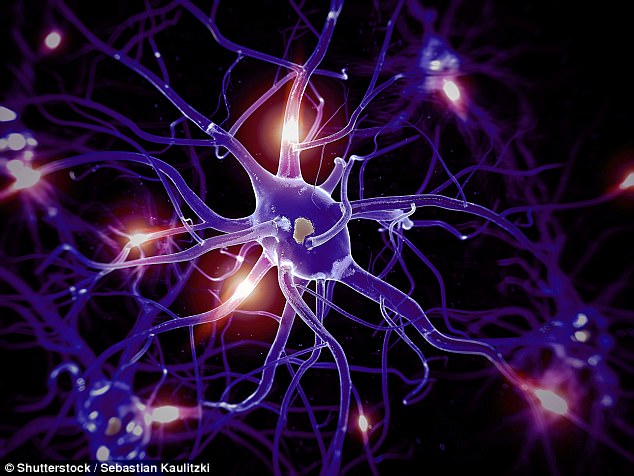It Really Is in Your Head: Thinking Hard and Long Can Cause Brain Drain
Wallace D. Wattles, an American author from the 19th century, reportedly remarked that "Thinking is the toughest and most demanding of all labor."
On the surface, it would seem like a problematic comparison, but according to a recent research, thinking too hard or for too long can actually exhaust your brain, just like working out can.
Hard physical work is undoubtedly exhausting, but a person's perspiration or trembling muscles reveal nothing about how hard they may be thinking.
We just have to take people at their word when they claim they're psychologically worn out.
As a result, researchers are still puzzled as to why sustained contemplation leads to cognitive weariness. It isn't really a feeling of being sleepy; rather, it is the impression that tasks are becoming more difficult to finish or to concentrate on.
The brain's most prevalent excitatory neurotransmitter, according to some studies, may be to responsible for this lack of mental stamina.
Despite being present in more than 90% of neuron-to-neuron connections in the human brain, glutamate, an excitatory amino acid, was only accurately defined in the 1950s.
This underappreciated molecule has kept scientists on their toes for decades. For instance, it has been shown that neurons regulate the quantity of glutamate they release to other neurons in order to modulate the intensity of their messages in the brain.
With as many as 8,000 glutamate molecules packed into a single pouch at the synapse, the point where two neurons converge, glutamate can even stimulate neurons to death.
Glutamate overproduction is unquestionably a concern, which is one of the reasons it has been connected to brain drain.
Researchers detected an increase in glutamate in the lateral prefrontal cortex of 24 individuals after they underwent demanding computer-based sorting activities for more than six hours. This region of the brain is connected to higher-order cognitive abilities, such as short-term memory and judgment.
Comparatively, 16 more people who were given simpler tasks to complete that day didn't exhibit any symptoms of glutamate buildup in this region of the brain.
Therefore, the scientists believe that an increase in extracellular glutamate may be at least one of the causes limiting human mental endurance.
Naturally, the brain consumes a lot of glucose when it is functioning. Other ideas speculate that this energy supply may also be a constraint, although it is yet unclear how a reduction in glucose affects the biochemistry of thinking.
According to some experts, a drop in glucose causes the brain to lose dopamine, which makes people lose interest in some cognitive activities more quickly.
The Pitié-Salpêtrière University's clinical psychologist Mathias Pessiglione notes that "influential ideas stated that exhaustion is a type of illusion built up by the brain to make us quit whatever we are doing and switch to a more rewarding activity."
The buildup of unpleasant chemicals brought on by cognitive effort, according to our findings, "thus weariness would certainly be a signal that makes us stop working, but for a different purpose: to protect the integrity of brain functioning."
Additionally, according to Pessiglione, there is solid proof that glutamate is excreted from synapses while you sleep.
That could contribute in part to the ability to feel intellectually rejuvenated the following day after getting a good night's sleep.
A 2016 functional MRI (fMRI) study on brain imaging discovered the lateral prefrontal cortex (lPFC) was engaged in high cognitive exertion that gradually decreased its excitability.
It would take considerably more work to activate this area at the conclusion of a long, arduous day. Thus, the impression of a brain drain
Pessiglione and colleagues write, "Taken together with prior fMRI data, these results support a neuro-metabolic model in which glutamate accumulation sets off a regulation mechanism that makes lPFC activation more expensive, explaining why cognitive control is more difficult to mobilize after a demanding workday."
An exceptionally quick-acting neurotransmitter is glutamate. It contributes to the strength of this amino acid. However, it also makes it challenging to quantify the chemical.
Studies like the one being conducted right now are utilizing new technologies to investigate the rapid impact glutamate plays in our brains in greater detail.
The authors are currently looking into why the prefrontal cortex collects glutamate more than other regions of the brain.
The study was published in Current Biology.




Comments
Post a Comment